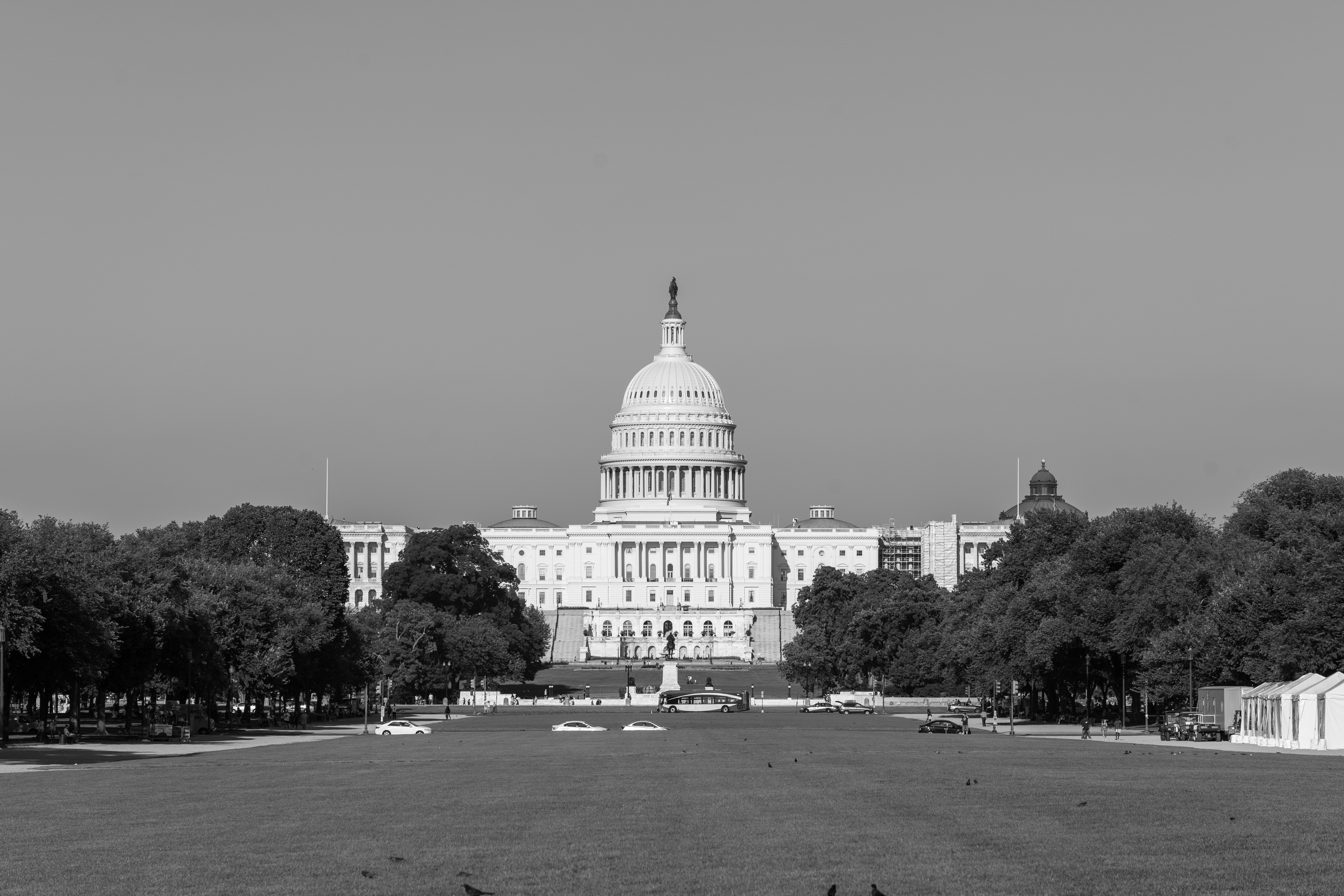International Debt Relief and Aid Needed
There is an urgent need for the United States to offer foreign aid and support the IMF expanding debt relief for vulnerable countries hit by the coronavirus.
There is an urgent need for the United States to offer foreign aid and support the IMF expanding debt relief for vulnerable countries hit by the coronavirus. The following article was published in the July-August 2020 issue of NewsNotes.
While the health crisis brought on by the coronavirus is severe, the global economic crisis is devastating. In some parts of the world, people fear death from hunger and unemployment as much as from sickness.
The International Monetary Fund (IMF) has called the pandemic the “worst economic downturn since the Great Depression” and predicts a decline in global growth of almost 5 percent in 2020 with global employment loss in the second quarter of 2020 equivalent to losing 300 million full-time jobs. This is a sharp downturn from earlier forecasts. The IMF has said it expects the recession caused by the pandemic, both globally and in many individual countries, to grow even deeper.
International humanitarian experts at Bread for the World, Catholic Relief Services, and elsewhere have urged Congress to provide $12 billion in aid for countries sinking under the weight of the coronavirus crisis. Reports from UN-affiliated agencies indicate that 265 million people could face starvation of “biblical proportions” by the end of the year and half-a-billion people could be pushed into poverty by the growing global economic crisis. Many impoverished countries are facing this new crisis compounded by ongoing crises of food insecurity, fragile health infrastructure, and crushing debt.
Congress has so far spent 0.1 percent—not one percent, but one-tenth of one percent—of its total COVID-19 response on international actions, roughly $2.4 billion out of $2.4 trillion. The $12 billion that many hoped would be included in the HEROES Act would be a step toward the nearly $90 billion in aid that UN experts predict will be needed to protect the most vulnerable 10 percent of people around the world.
To avoid dire economic and humanitarian consequences, Congress should take three actions.
Provide emergency assistance
Congress should provide no less than $12 billion for international assistance in the next legislative package. This funding should include resources for emergency global health and health security activities, as well as for food security, livelihood, and other programs to mitigate the economic shock of the pandemic. In comparison, the U.S. provided an emergency appropriation of $5.4 billion for three countries in West Africa to respond to the Ebola outbreak in 2015.
Within this response, Congress should continue support to the World Health Organization, the only multilateral institution organization with the technical capacity and global mandate to support and coordinate the public health response of all countries.
Support debt relief
Congress should support expanding a moratorium on debt service payments from indebted countries to international financial institutions, like the IMF, to enable countries to increase spending on essential items to fight the pandemic. So far, the IMF canceled debt payments for the 25 poorest countries and the G20 agreed to put debt on hold for others. But this is not enough. Across 46 countries, debt payments for this year are currently projected to be 400 percent of their health budgets.
Support the IMF issuance of Special Drawing Rights
Congress should instruct the U.S. representative to the IMF to support, not block, issuance of $3 trillion in Special Drawing Rights (SDRs), an emergency financial liquid resource that is without any cost to U.S. taxpayers. To be clear, it costs absolutely nothing to the U.S. taxpayer for the IMF to issue SDRs.
CEPR and Oxfam America recently published an excellent issue brief explaining the urgent need for the IMF to issue SDRs.
A special international reserve asset created by the IMF, SDRs are distributed to central banks of countries in proportion to their IMF quotas. Countries can exchange SDRs for freely usable currencies when they are in weak financial positions. They are similar to the Federal Reserve’s swap arrangements, which have primarily benefited wealthy nations, whereas SDRs are distributed to all IMF member countries. The IMF last issued SDRs in 2009 in response to the global financial crisis and thereby helped ease the impact of the crisis on developing economies.
Because SDRs are issued to each country roughly in proportion to the size of its economy, economists project that an issuance of $3 trillion SDRs will ensure that significant help can reach Latin America, sub-Saharan Africa and other regions that face major economic and public health emergencies.
According to a poll released by the U.S. Global Leadership Coalition, people in the United States overwhelmingly support increased foreign assistance due to the pandemic, with 80 percent of poll respondents agreeing that assistance to other countries to fight diseases makes us safer. Now U.S. voters need to tell Congress.
Faith in action: Tell Congress to provide life-saving foreign assistance for COVID-19. You can also watch our video message to Congress.

